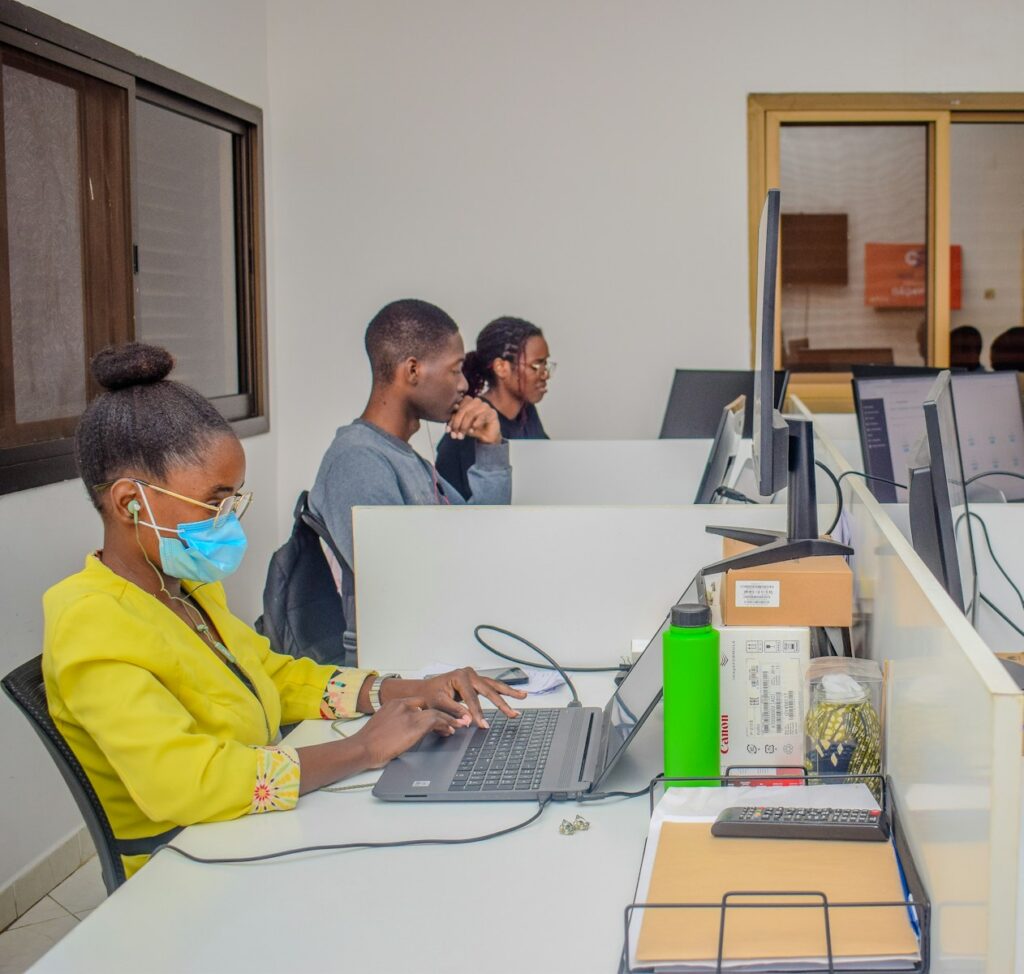HOW TO FILE FOR DIVORCE IN NIGERIA

Filing for divorce in Nigeria can be emotionally and legally complex. Whether you’re considering separation or already determined to end your marriage, it’s important to understand the legal process. This article explains how to file for divorce in Nigeria under Nigerian law, the required documents, how long it takes, and why hiring a family lawyer […]
COST OF REGISTERING A COMPANY WITH CAC IN NIGERIA

If you’re looking to start a business in Nigeria, registering your company with the Corporate Affairs Commission (CAC) is the first legal step. But how much does it really cost to register a company with CAC in Nigeria in 2025? This guide breaks down the official fees, additional charges, and hidden costs you need to […]
HOW TO LEGALLY RECOVER ERRONEOUSLY TRANSFERRED FUNDS

Erroneous bank transfers, where money is mistakenly sent to the wrong account, are increasingly common in Nigeria due to the widespread use of mobile and online banking platforms. Recovering such funds is not as simple as calling your bank. It involves a defined legal process that may require court intervention. Below is a detailed guide […]
CHILD CUSTODY IN DIVORCE PROCEEDINGS

Child custody is one of the most critical issues arising in divorce proceedings, as it significantly affects the parties involved. The court may grant custody to either parent or, in certain circumstances, to a third party who is not a party to the marriage. Before the commencement of divorce proceedings, the parties are at liberty […]
HOW TO SUE SOMEONE IN NIGERIA WHILE LIVING ABROAD

If you’re a Nigerian living abroad and someone has wronged you back home—maybe they stole your money, sold your land without permission, refused to repay a loan, or defamed your name—you might be wondering: “Can I sue someone in Nigeria while living abroad?” The short answer is yes. Nigerian courts allow diaspora Nigerians to initiate legal […]
STEP-BY-STEP GUIDE TO UNFREEZING A BANK ACCOUNT IN NIGERIA

A bank account restriction, commonly known as a freeze or blocked account, can be a serious inconvenience, limiting access to your funds. In Nigeria, account restrictions generally require exceptions. This article explains the legal steps involved in lifting such restrictions and offers a clear guide to navigating the process Understanding Account Restrictions A restriction on […]
REVERSING FRAUDULENTLY OBTAINED FUNDS IN NIGERIA

In today’s digital era, more people are managing their finances through online banking, mobile apps and social media marketplaces. While these tools offer great convenience, they have also opened the door to new forms of fraud. Scammers are increasingly using these platforms to trick individuals and steal money. This article explores common online scams and […]
BEST WAYS TO PROTECT YOUR PROPERTY FROM LAND FRAUD AND ENCROACHMENT IN NIGERIA

For diaspora Nigerians, owning family property back home is a source of pride and connection. Yet, being physically distant can leave those assets vulnerable to fraud, encroachment, or unauthorized sales. Whether it’s ancestral farmland, a residential house in Lagos, or a commercial plot in Abuja, you need proactive strategies to safeguard these properties. This article outlines practical steps—legal, administrative, […]
OVERVIEW OF ANTI-MONEY LAUNDERING LAWS IN NIGERIA

Money laundering has emerged as a pressing global issue, with criminal actors exploiting financial systems to obscure the origins of illicit funds. In response, Anti-Money Laundering (AML) framework’s comprising laws, regulations and enforcement mechanisms, have been developed to detect, deter and disrupt the laundering of criminal proceeds. These frameworks aim to safe guard the integrity […]
NIGERIA’S MONEY LENDING LAWS

In Nigeria, money lending is regulated by a combination of federal and state laws, as well as case law. The regulatory framework aims at protecting borrowers from exploitation while ensuring that lenders operate within the boundaries of the law. This article gives an overview of the major legislation, regulators, and landmark case law applicable to […]
